When improving our home, we often think of the things we can see. Double glazing for the windows, a new countertop or island in the kitchen, new tiles for the roof, the list goes on. But how often do we think of water when it comes to home improvement? There is so much we can do to improve our homes just from that perspective. Want to learn more? Keep reading!
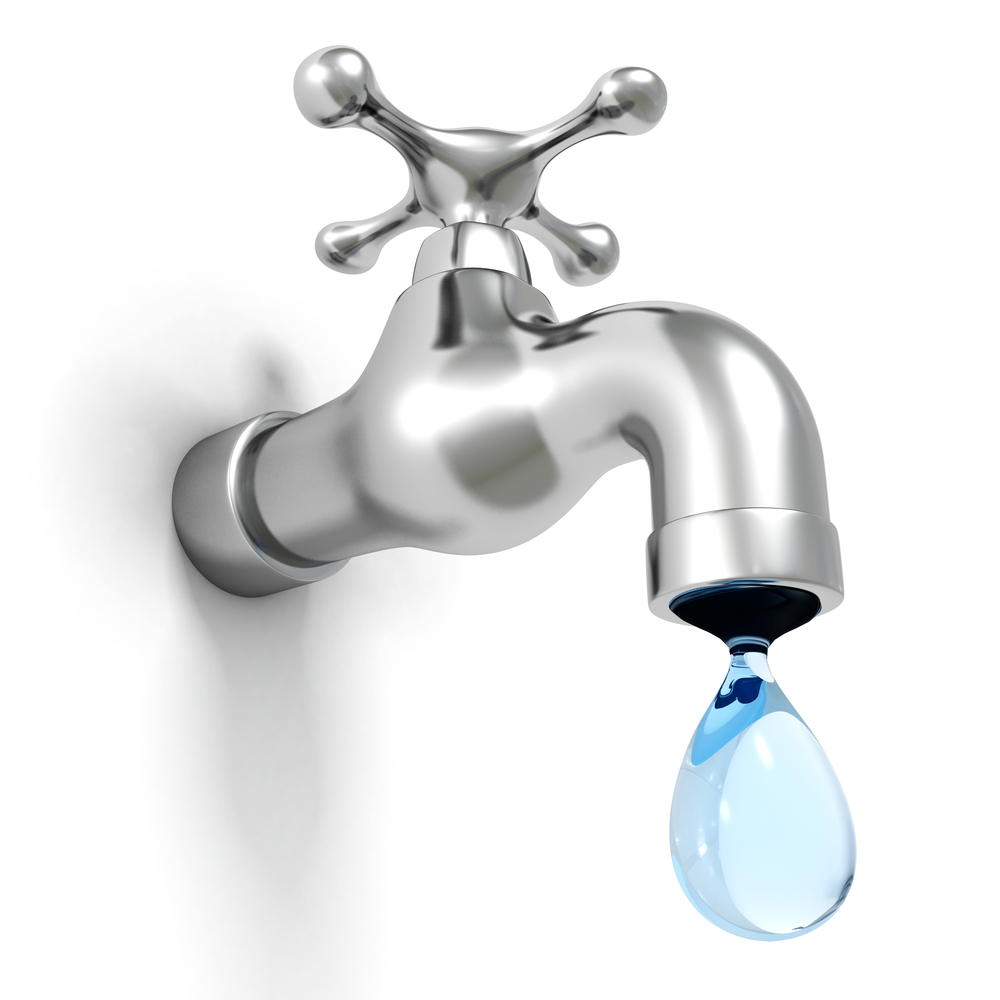
Improving Water Consumption in the Home
One way to improve your home is to make sure you are using water as efficiently as possible. The amount of water an average family of four living in the UK uses is a little more than 1300 litres a day, which is surprisingly large. What are some of the ways you can reduce that?
The Bathroom
First of all, make sure that your shower isn’t leaking. If it is, fix it. Also, check to see if the shower has a shower head with limited flow. Another neat trick is to buy a shower timer.
Next, move on to the toilet. Again, check that it isn’t leaking. What you can also do is put little stones in 2 or 3 plastic bottles, fill them up with water, and put them in the water tank. This will reduce the amount of water used per flush.
- Cost for economical shower head: £10-15
- Cost for shower timer: £10-15
- Cost for fixing toilet: Hard to estimate, reach out to local plumber
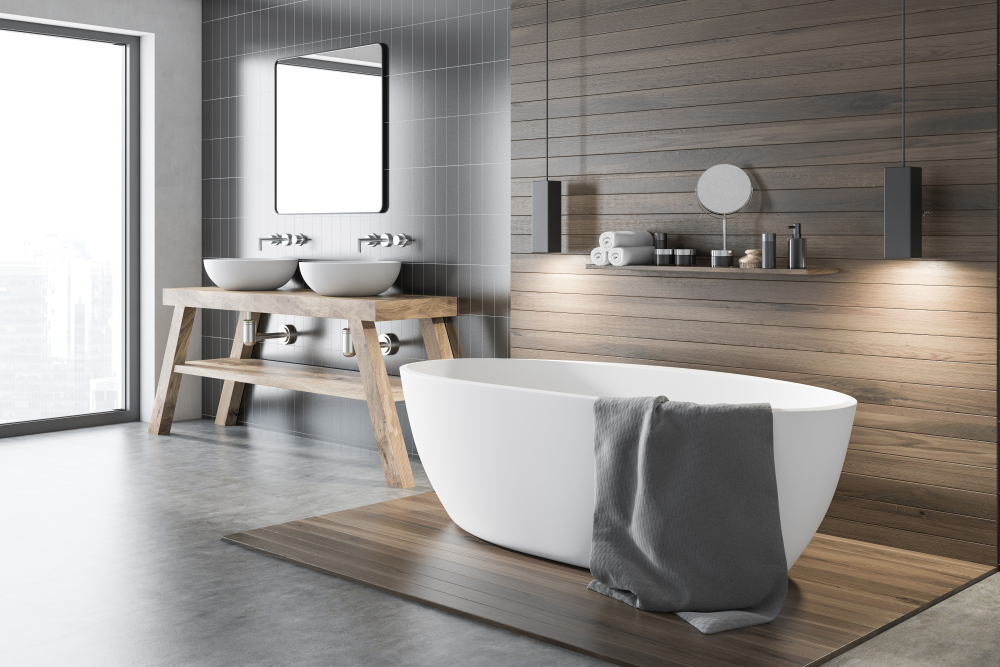
The Kitchen
As with anywhere else that has a tap, make sure there are no leaks. Believe it or not, a tap dripping once a minute will waste hundreds of litres a year.
If you have a dishwasher, you are almost certainly saving water. According to cnet.com, washing dishes by hand can use more than 100 litres, whereas a modern dishwasher uses about 11 litres. That’s a saving of almost 90%.
I’m not sure where your washing machine is but we’ll say it’s in the kitchen. This is an appliance that uses an incredible amount of water, especially if it’s an older model. A traditional washing machine can use up to 170 litres. A modern high-efficiency machine uses under 50. If you use your washing machine twice a week, that would make a difference of about 12480 litres a year.
- Cost for modern dishwasher: £250-350
- Cost for high-efficiency washer: £200-350
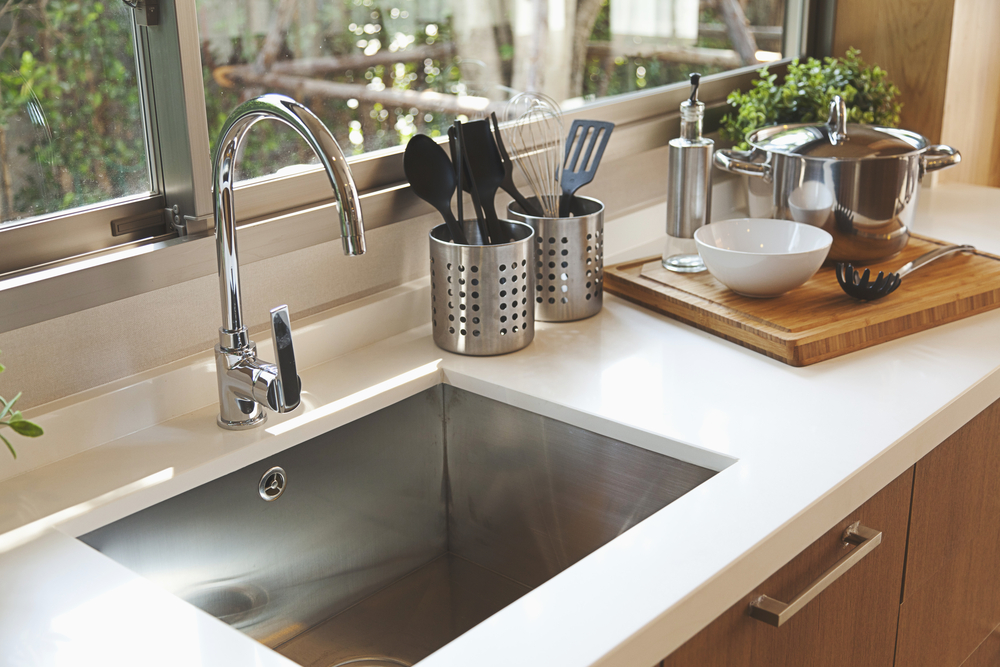
By ben bryan Shutterstock
Using a Water Softener to Improve Your Home
If you live in a hard water area in the UK, you can substantially improve your home and your life through the use of a water softener.
Many people think that having a water softener means wasting a lot of water, and there is some truth to this. Water softeners need to use extra water as part of their regeneration process. After the water has been softened, the softener needs to be restored back to its original state. To do this, the system has to be flushed out. This is to remove the minerals extracted from the hard water and to restore the sodium ions in the softening resin.
However, just because softeners require extra water when regenerating does not mean that they are necessarily wasteful.
- Cost for water softener: Hard to estimate, see calculation examples that outline how much a water softener costs
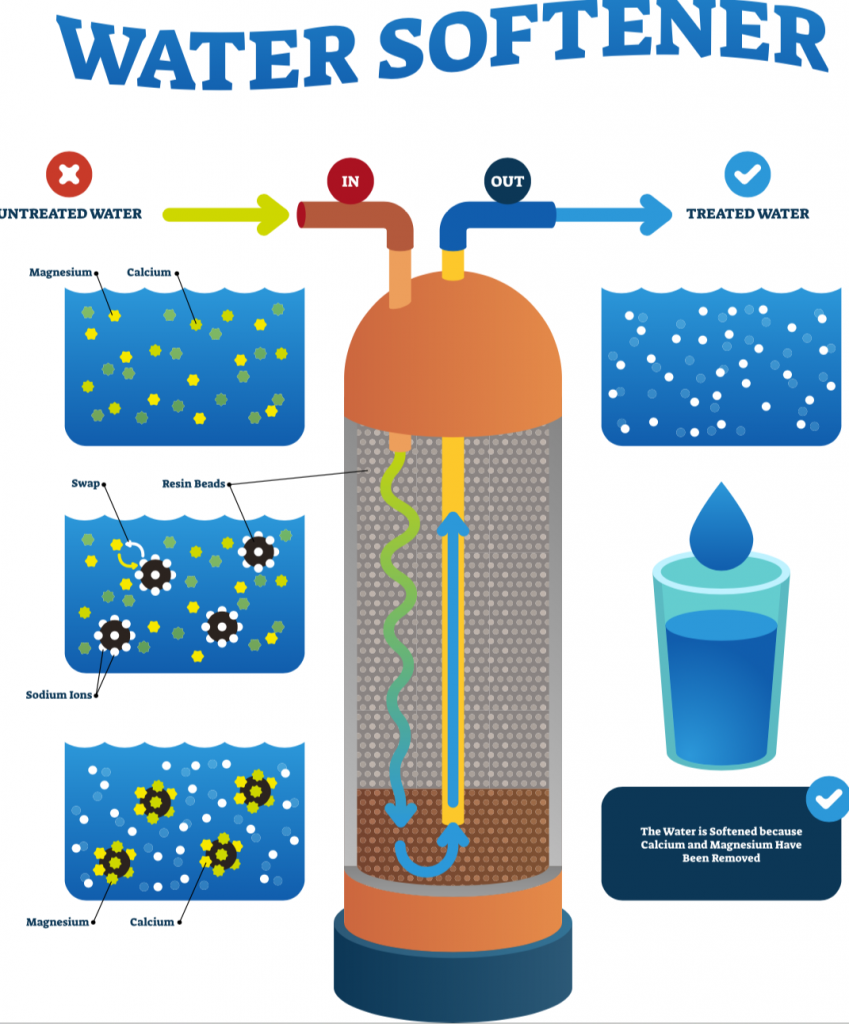
How Water Softeners Can Improve Your Home
Hard water and detergents do not work well together. If you think about how much washing up you do each day, you are probably wasting water just by having to wash your plates properly. The same can be said for showers or baths. Because there is a soapy residue on your skin after you wash, getting rid of this residue takes a lot more hard water than soft.
Hard water also ruins your appliances. Most people have seen limescale in kettles and noticed how it affects their efficiency. Well, this same limescale affects dishwashers and washing machines. It also builds up in taps and showerheads. A water softener can stop all of these annoyances from happening and improve water efficiency in your home at the same time.
Finally, let’s talk about pipes. If you don’t use a water softener, the insides of the pipes in your house will slowly build up with limescale. At some point, the pressure of your water will decrease so much that you will need to call out a plumber. After having flushed the pipes with a corrosive and poisonous chemical, he’ll then have to wash yet more water through to rinse out the pipes so they can be used again. All this requires a substantial amount of water.
Using Water Filtration for Home Improvement
Another often overlooked technique to improve your home is to add a whole house water filtration system. There are many benefits to this.
One is that filtration systems prevent pipes clogging up with dirt, sand and other debris. This not only improves water flow and pressure but increases the life of your entire plumbing system.
But water filters do more than just filter out sediment. If you use a carbon filter system, you can remove the chlorine from your water. Although it is an excellent way of disinfection, chlorine will often affect the taste and smell of water. Not only that but it is also harmful to your lungs and skin. Removing chlorine from your water will make it more refreshing, plus showering will be a great deal more pleasant.
Of course, there might be other substances hiding in your water that you may want to remove. For example, you may have noticed orange stains around your toilet and an odour of rotten eggs coming from the water itself. Both are caused by high iron content. An iron filter will make the stains disappear and remove that nasty smell. On top of that, drinking water and cooking will become a more pleasurable experience and you will smell a lot nicer after showering.
- Cost for whole house water filtration system: £100-350
- Cost for iron filter: £200-350
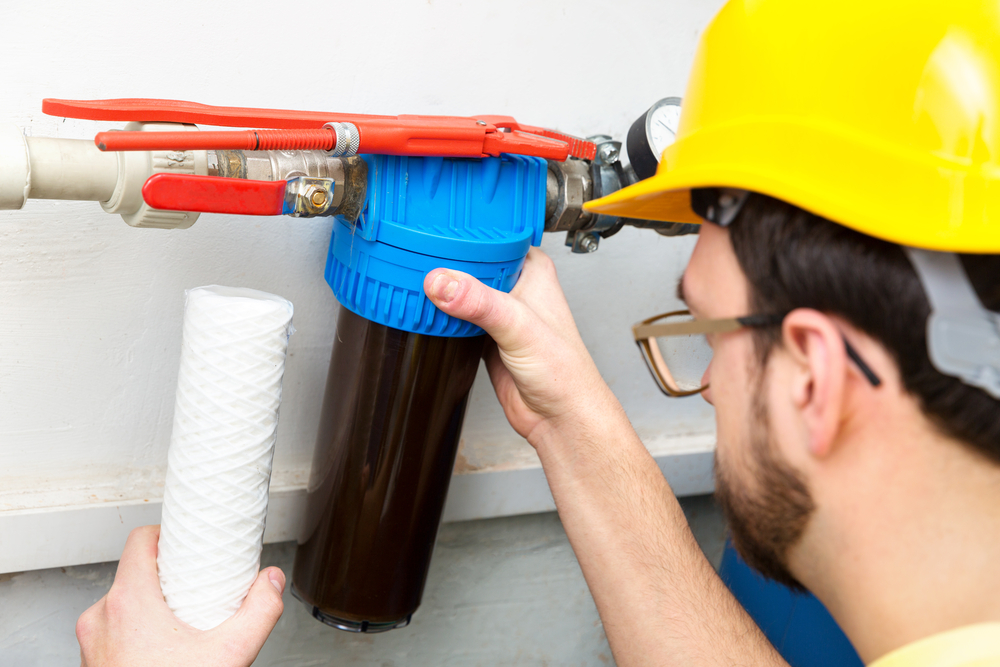
Conclusion
Hopefully, this has helped you see that home improvement is more than just the way your house looks. Improving the way you use water means that you will save money and do your bit for the environment. It’s also worth mentioning that if you’re thinking of selling your home, doing all of the above will increase its value.

